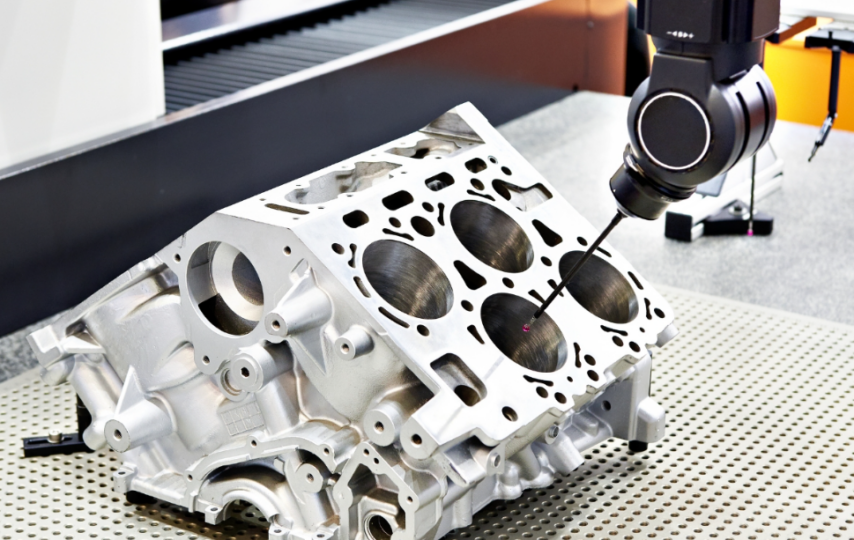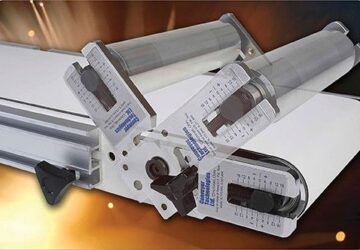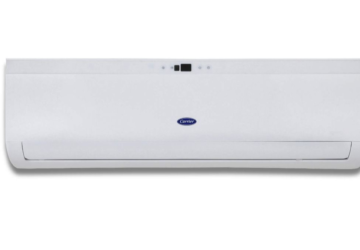Metrology might seem like an obscure science for a layperson, confined to laboratories and industrial settings. However, the truth is far from it. Metrology, the science of measurement, impacts our daily lives in ways most of us don’t even realise. Metrology plays a key part in our day-to-day activities, from the alarm clock that wakes us up in the morning, the scales in our bathroom we use to weigh ourselves on to the fuel gauge in our car.
In this article, we take a detailed look into how metrology affects our daily lives, exploring its historical significance and how it continues to shape our present and future. We’ll also provide a brief overview of coordinate measuring machines, a vital tool in metrology.
The Science of Measurement
Metrology is the science of measurement. It encompasses the theoretical and practical aspects of measurement, regardless of the level of uncertainty or the field of application. The term ‘metrology’ might sound alien to many, but it is a practical and grounded discipline. Metrology uses units, measurement, and comparison to ascertain material dimensions and properties, which in turn inform decision-making, planning, and accuracy.
Metrology: A Historical Perspective

The use of metrology can be traced back thousands of years. The Ancient Egyptians are credited with the earliest recorded use of metrology when constructing the highly complex pyramids. They used units of measurement based on their fingers, known as ‘cubits’, to plan, measure, and construct these architectural marvels.
Religious texts, such as the Bible and the Quran, reference ancient measurement systems. Leviticus 19:35 in the Bible states, “You must not be unfair in measurements of length, weight, or volume,” a principle that remains relevant to this day.
The Everyday Application of Metrology
Our daily lives are replete with examples of metrology in action. Every household possesses some form of precision measurement equipment. We use weighing scales, measuring cups, and spoons to prepare our meals. Families often mark their children’s heights on doorframes, using them as a metrological tool to track growth. Even the smartwatches we wear to monitor our health and fitness utilise metrology principles.
Metrology in Transportation
When we step outside our homes, metrology continues to influence our activities. For instance, when driving, the car’s speedometer uses metrology to indicate whether we are adhering to the speed limit. In the supermarket, self-service machines employ metrology to scan barcodes and weigh goods. Even the coins we use are verified using metrological tools.
Metrology and the Digital World
In the digital age, metrology has found new applications. Video games, such as the Fallout franchise, incorporate elements of metrology in their design. The character Vault Boy’s pose in the game, where he measures the size of a nuclear mushroom cloud against his thumb, is an example.
The Industrial Relevance of Metrology
Beyond our daily lives, metrology is integral to various industries, including medical, defence, and manufacturing. It facilitates precision measurement for high-stakes engineering projects, from designing syringes to constructing aeroplanes.
Coordinate Measuring Machines (CMMs)
One of the critical tools in industrial metrology are Coordinate Measuring Machines (CMM). CMMs are devices that measure the geometry of physical objects by sensing discrete points on the object’s surface with a probe. They are used in various sectors, including automotive, aerospace, and heavy machinery, for quality control and to ensure the accuracy of manufactured parts.
Standardisation in Metrology
The importance of metrology in daily life necessitates standardisation of the units we rely on. The International Bureau of Weights and Measures (BIPM) in France governs the metric system and oversees the standardisation of measurement units.








